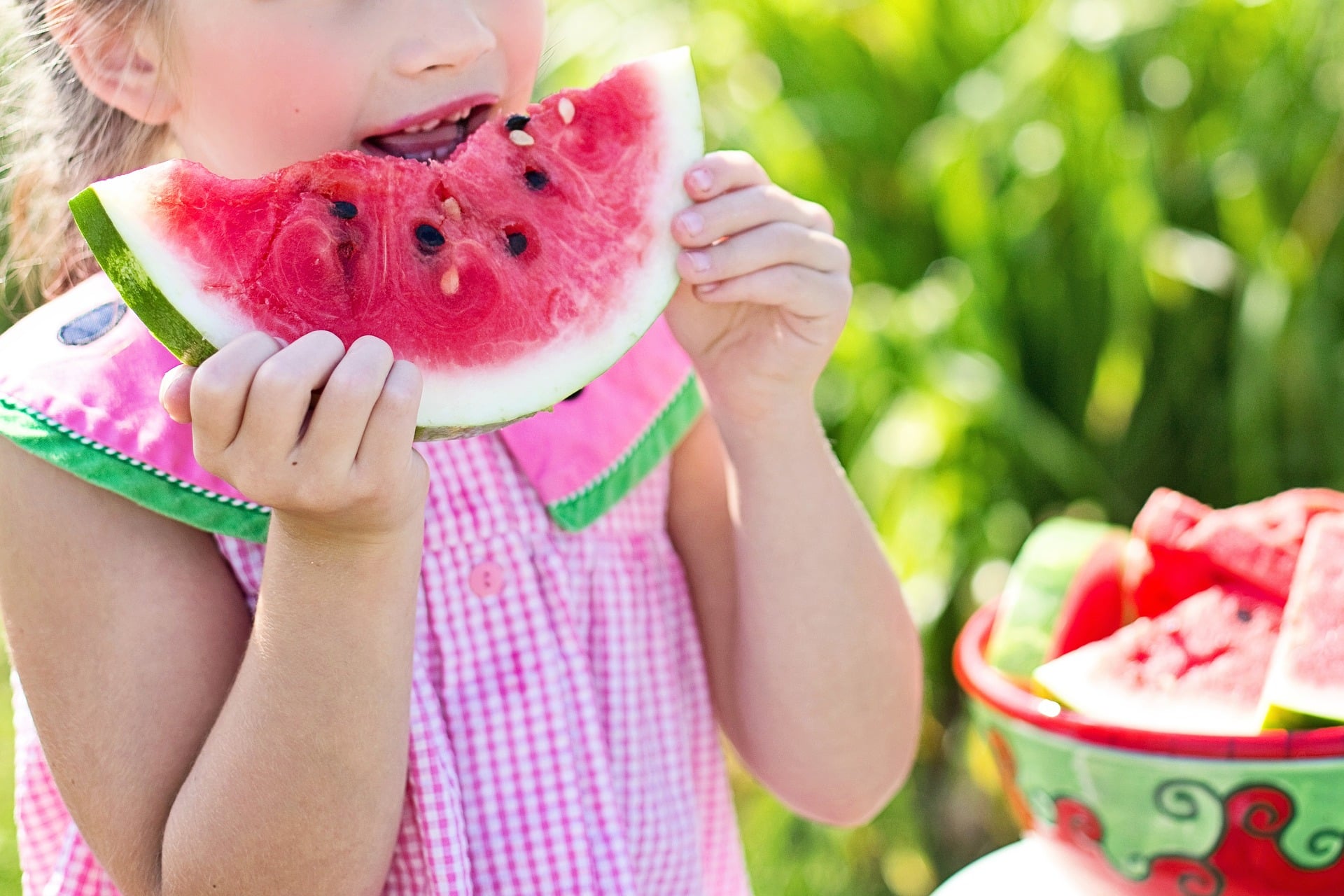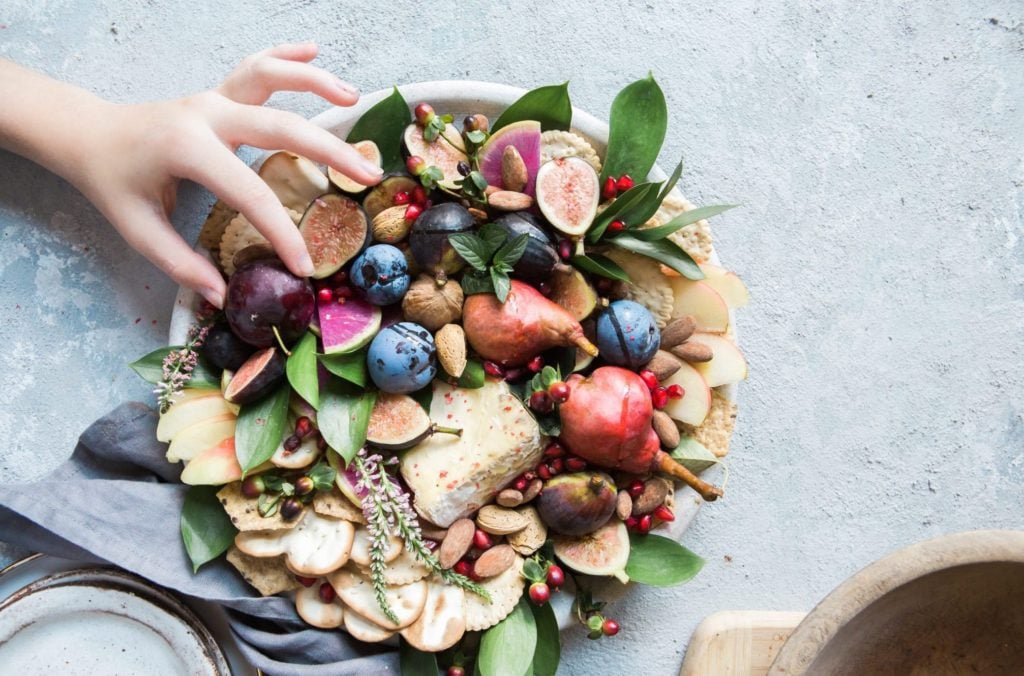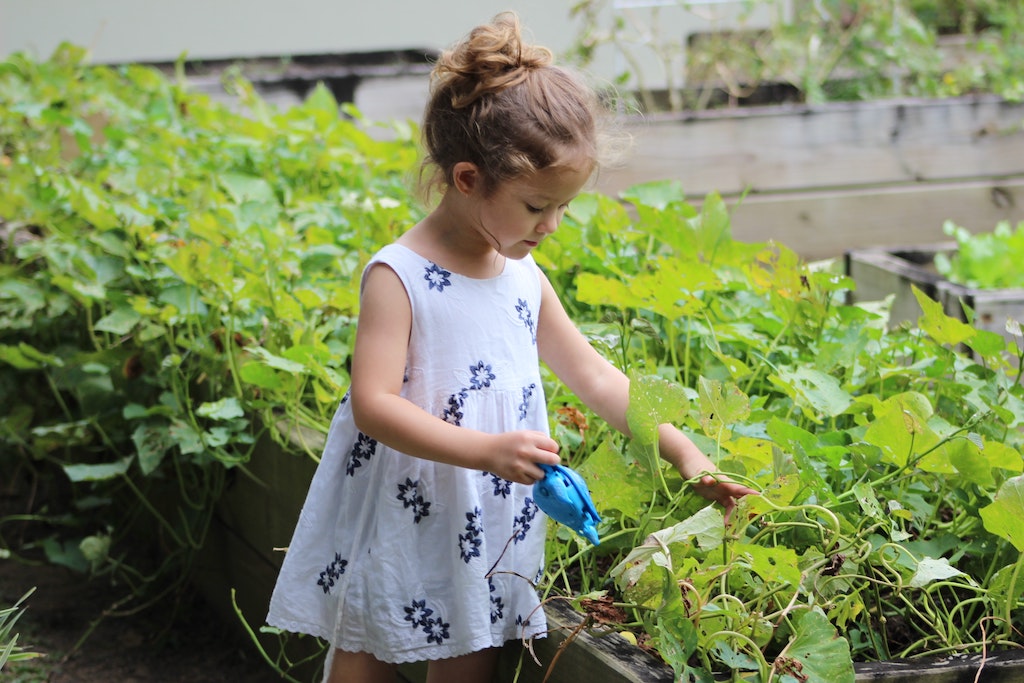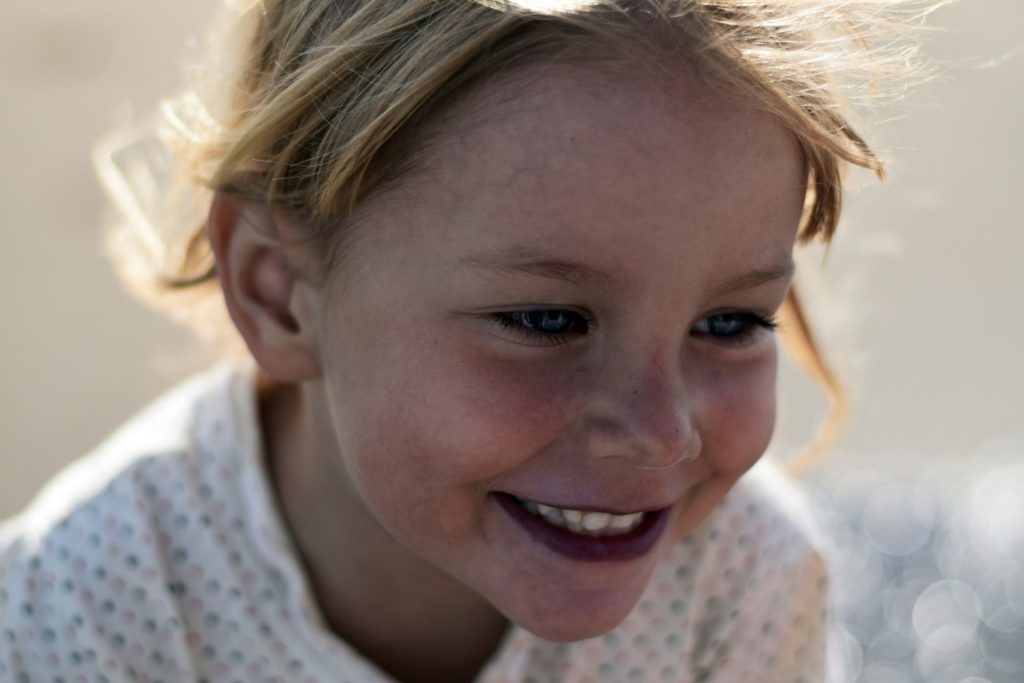Healthy eating habits for kids is the aim, but how do we achieve it when there are so many competing influences?
We live in a designer world. Clothes, cars, cosmetics and now diets. The rise of the celebrity chef and the designer diet has weirdly skewed the way we perceive food. Paleo, keto, fasting, the blood type diet…there’s a new one every few months with a celeb who will endorse it!
Add to those influences, conflicting dietary messages and confusing food models from experts, and we’re left with strange cultural perceptions and understandings of diet.
Experienced and respected food educator, Danielle Spark says, “A diet is not something that you “do” or “go on” for a week or two. Your diet is the food you eat day in and day out.”
Mrs Spark is constantly appalled at the messages her students have internalised from popular culture. She cringes at statements like, “We all know that carbs are bad for you”, or ” Sugar is the new killer”.
No food is the enemy. There are no superfoods, no super diets, and no shortcuts. There are only sensible, informed decisions about food, every day.
Our negative relationship with food
We have developed incredibly negative relationships with food. On one hand, it is seen as evil; to be measured and avoided. On the other hand, it is an addictive drug we find ourselves unable to resist. Often those two views are held at the same time and consequently, we see yo-yo dieting and the development of poor eating habits and dysfunctional metabolisms.
With young people and the rising rate of obesity, there is naturally a focus on weight loss. According to the ABS, 1 in 4 children between 5 and 17 years of age is obese or overweight. However, eating disorders such as anorexia nervosa and bulimia nervosa are seen in about 1 in 20 Australians and the rate is increasing.
These eating disorders are associated with significant physical complications and increased mortality.. Traditionally we have seen eating disorders as being a female problem. However, 25% of Australians with an eating disorder are now male.
Schools are trying to stop this negative relationship before it begins. Mrs Spark explains that “We aim to help them develop a positive relationship with all foods, including treat foods. It is important that they mature into people who can enjoy a meal or a dessert without having feelings of guilt. They need to know that in moderation no food is bad or off-limits.”
Reframe thinking around food
Rather than working from a model of avoidance, perhaps we can view diet as what we are adding. Let’s teach kids what we are feeding?
Feed your immune system
Tell kids we need lots of servings of colourful fruits and vegetables and between 8 and 10 glasses of water every day to fuel our immune systems. Yoghurt stimulates the production of white blood cells and shellfish, salmon, mackerel and herring reduce inflammation.
Feed your energy
Fresh fruits, nuts, whole grains, healthy fats, pasta, whole grain bread and brown rice will all keep you fuelled for the day.
Feed your intellect
Whole grains, oily fish, broccoli and foods rich in Vitamin B, C and K will all boost brain function.
Feed your self-esteem
A balanced, flexible diet and regular exercise are proven to make us feel good about ourselves.
Feed your mental health
Amino acids in fatty fish, grain-fed beef and dairy products can help with depression and might help with positive mood.
Feed your sleep
Research shows that antioxidants found in a wide variety of foods and lots of water aid sleep.
Feed your child’s functioning body
Liberal use of healthy fats, lots of fruit, vegetables and pro-biotic rich dairy(such as yoghurt) will keep us regular and that will improve mood and sense of wellbeing.
Feed your strength
Muscle development and strength comes from protein-packed foods like red meat and chicken, fish, eggs, nuts and seeds.
You get the idea.
Food is about moving towards something better, not running away from something frightening or ‘bad’.
Of course, you don’t need to research or remember any of this. We all know what we should be eating: lots of variety, lots of fresh foods and drinking lots of water. The basics of diet haven’t changed, all that changes is the cycle of fads and diets.
Building great habits
Did you know that if children are involved in the production and preparation of their own food, they are much more likely to develop healthy eating habits in the long term? That simple fact should be revolutionary in our homes and our daily routines. So how can we act on it?
- Start a vegetable garden with your kids.
- Grow fruit trees.
- Teach kids basic cooking skills from a young age and help them become more expert as they become older and more capable.
- Involve kids in the preparation of food but don’t just give them the boring jobs. Make it interesting and challenging for them.
- Have a family cooking roster. You may have to live through the odd dodgy meal but it will be worth it in the long run.
- Encourage participation in school Home Economics courses.
Linda would love to meet you on her Facebook page here








